News
-
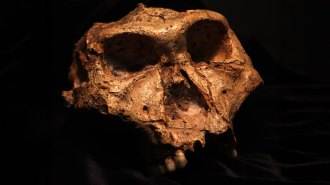 Anthropology
AnthropologyMales of this ancient human cousin weren’t always bigger than females
Molecular evidence from a 2-million-year-old southern African hominid species indicates sex and genetic differences in P. robustus.
By Bruce Bower -
 Science & Society
Science & SocietyStudents’ mental health imperiled by $1 billion cuts to school funding
The Trump administration is cutting $1 billion in grants that support student mental health. That has educators worried.
By Sujata Gupta -
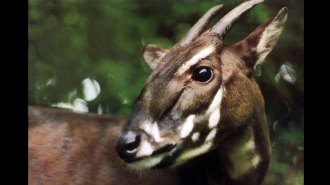 Animals
AnimalsGenetics might save the rare, elusive saola — if it’s not already extinct
A new genetic study could help saolas survive by enabling better searches through environmental DNA. But some experts fear they may be extinct already.
By Tom Metcalfe -
 Space
SpaceA passing star could fling Earth out of orbit
Simulations show that the star's tug could send Mercury, Venus or Mars crashing into Earth — or let Jupiter eject our world from the solar system.
By Ken Croswell -
 Health & Medicine
Health & MedicinePersonalized gene editing saved a baby, but the tech’s future is uncertain
The personalized CRISPR treatment could be the future of gene therapy, but hurdles remain before everyone has access.
-
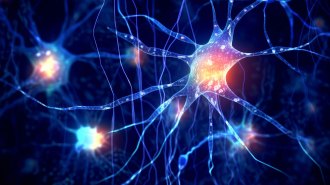 Neuroscience
Neuroscience‘Silent’ cells play a surprising role in how brains work
New studies show that astrocytes, long thought to be support cells in the brain, are crucial intermediaries for relaying messages to neurons.
-
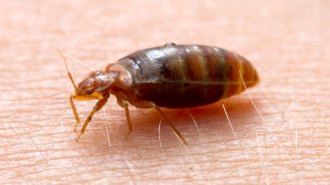 Animals
AnimalsBedbugs may have been one of the first urban pests
Common bedbugs experienced a dramatic jump in population size about 13,000 years ago, around the time humans congregated in the first cities.
By Jake Buehler -
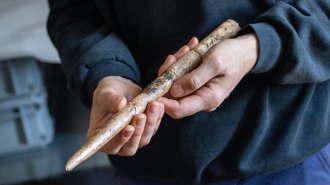 Anthropology
AnthropologyHumans used whale bones to make tools 20,000 years ago
Ancient scavengers of the beached beasts turned their bones into implements that spread across a large area, researchers say.
By Bruce Bower -
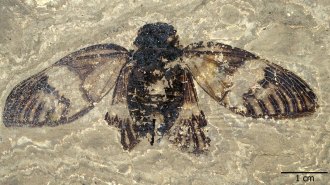 Life
LifeThe first cicada concert was 47 million years ago
A 47-million-year-old cicada fossil from Germany’s Messel Pit could teach us about the evolution of insect communication.
-
 Health & Medicine
Health & MedicineWet fingers always wrinkle in the same way
Pruney fingertips aren't swollen sponges — the wrinkles actually come from blood vessels constricting and pulling skin inward.
-
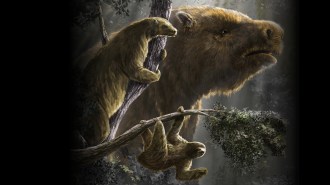 Paleontology
PaleontologySloths once came in a dizzying array of sizes. Here’s why
A new fossil and DNA analysis traces how dozens of sloth species responded to climate shifts and humans. Just two small tree-dwelling sloths remain today.
-
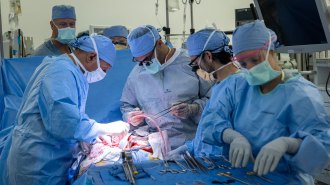 Health & Medicine
Health & MedicineIt’s tricky to transplant a bladder. How surgeons finally did it
The person who received the bladder is doing well, and the successful transplant could offer hope to thousands of people with bladder dysfunction.
By Payal Dhar